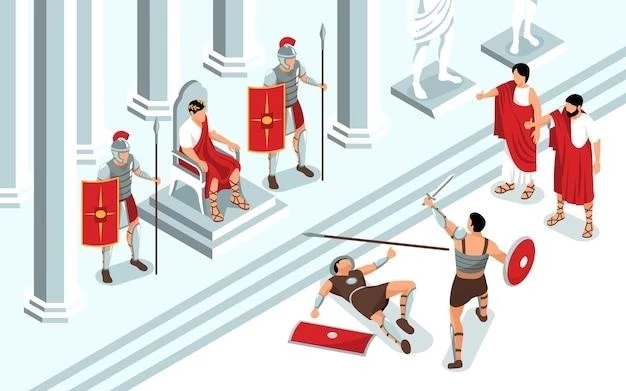As a lifelong sports enthusiast, I’ve always been fascinated by the origins of the games we love today. It’s incredible to trace the roots of modern sports back to ancient civilizations, where athletic prowess was intertwined with religious rituals, social status, and even warfare. While the rules and equipment have evolved significantly, the spirit of competition and the pursuit of athletic excellence remain constant, echoing the echoes of ancient arenas.
My journey to understand the enduring legacy of ancient sports began with a visit to the ancient city of Olympia in Greece, the birthplace of the Olympic Games. Standing amidst the ruins of the stadium and the temple of Zeus, I felt a tangible connection to the athletes who competed there centuries ago. I imagined the roar of the crowd, the exertion of the athletes, and the thrill of victory.
The ancient Greeks, with their emphasis on physical perfection and the ideal of the “kalokagathia” (the combination of beauty and virtue), placed immense importance on sports. The Olympic Games, held every four years in honor of Zeus, were a grand celebration of athleticism and a unifying force among the city-states. These games featured a variety of events, including running, wrestling, boxing, chariot racing, and pentathlon, showcasing the diverse athletic abilities of the competitors. I even tried my hand at wrestling in the ancient style, using a technique called “pankration,” which allowed for a wide range of grappling holds and strikes. It was a humbling experience, reminding me of the power and skill of ancient athletes.

Beyond Greece, other ancient civilizations also embraced sports. The Romans, known for their gladiatorial contests and chariot races, used sports as a form of entertainment and a means of controlling the masses. I witnessed the reenactment of a gladiatorial combat at the Colosseum in Rome, and while the spectacle was thrilling, I was also struck by the brutality and danger inherent in these events. The Romans also excelled in aquatic sports, holding elaborate naval battles in their arenas.

The ancient Egyptians, too, had their own unique sporting traditions. Their games, often influenced by religious beliefs, included wrestling, archery, and even a sport called “senet,” a board game played with dice and pieces representing various deities.
The legacy of ancient sports is not merely confined to historical records and archaeological sites. It lives on in the modern world, shaping our sports, our values, and even our culture. The Olympic Games, for instance, are a testament to the enduring power of athletic competition and international cooperation, drawing inspiration from their ancient origins. The concept of fair play, sportsmanship, and the pursuit of excellence are all rooted in the ancient ideals of athleticism.
As I continue to explore the world of sports, I am constantly reminded of the deep connections between the past and the present. The ancient athletes who competed in the arenas of Greece, Rome, and Egypt paved the way for the sports we enjoy today. Their spirit of competition, their pursuit of excellence, and their dedication to athleticism continue to inspire us, reminding us that the fundamental human desire for physical expression and achievement is timeless.










